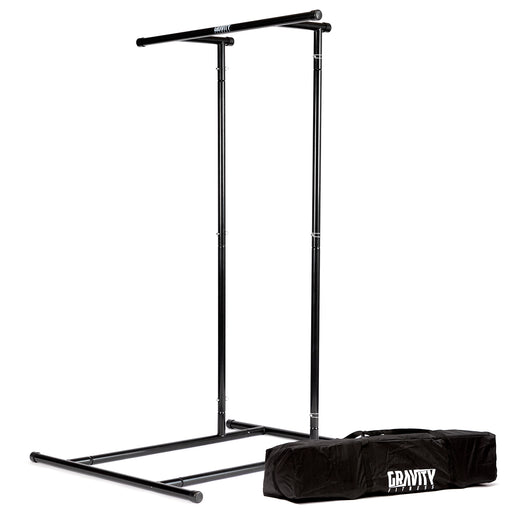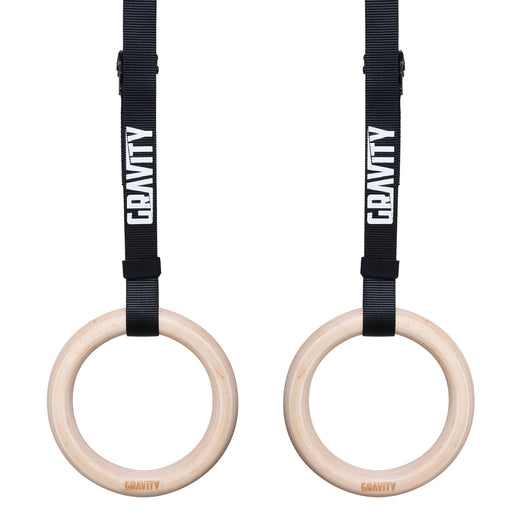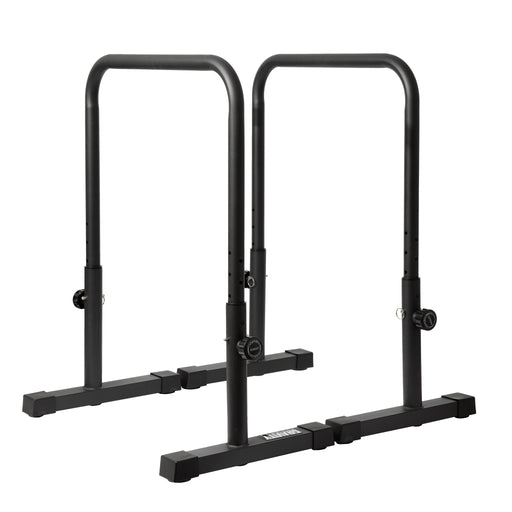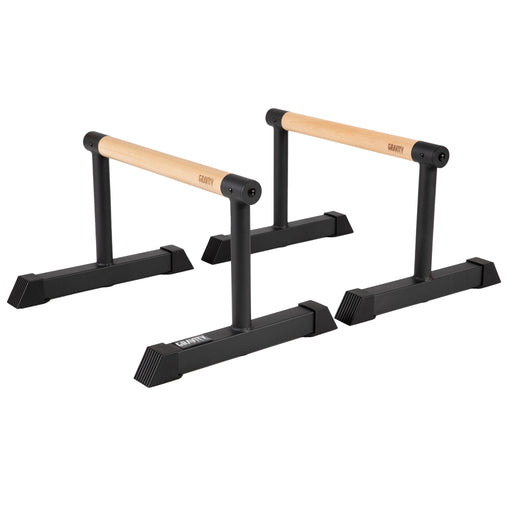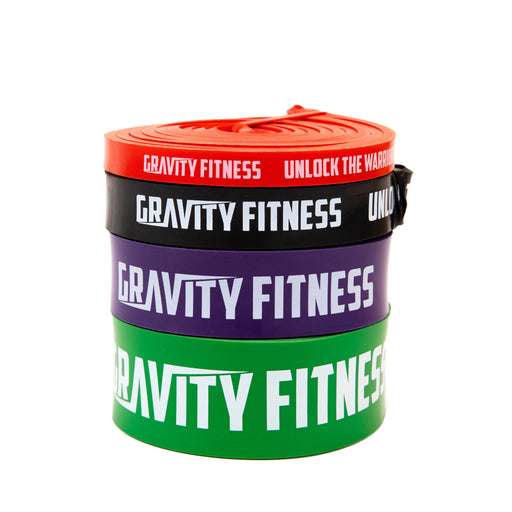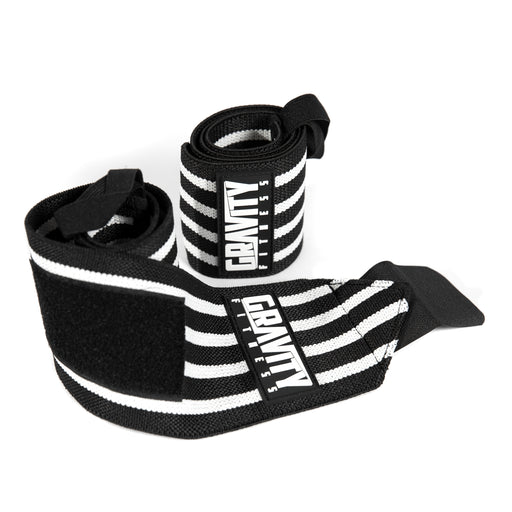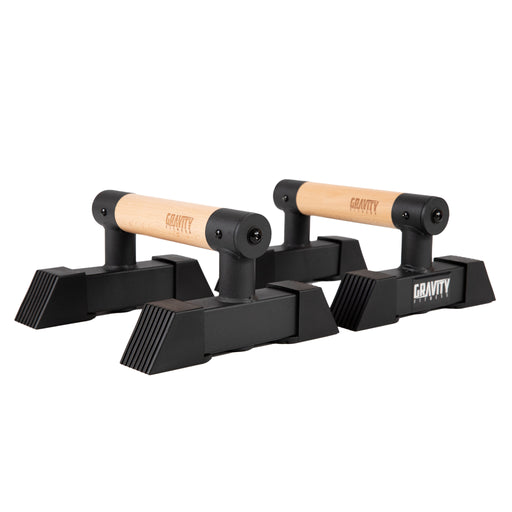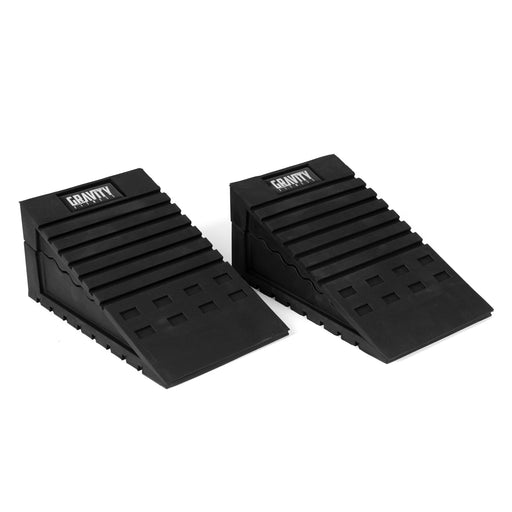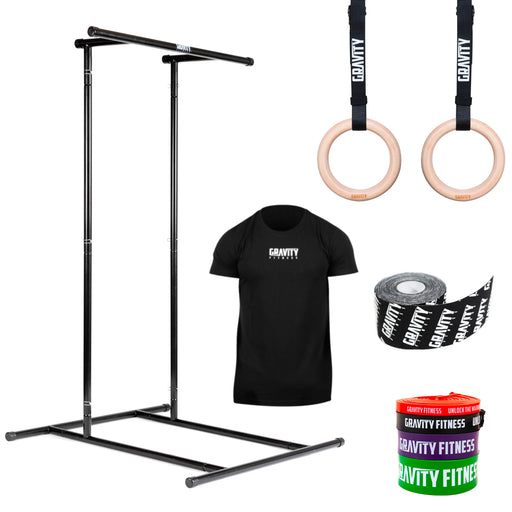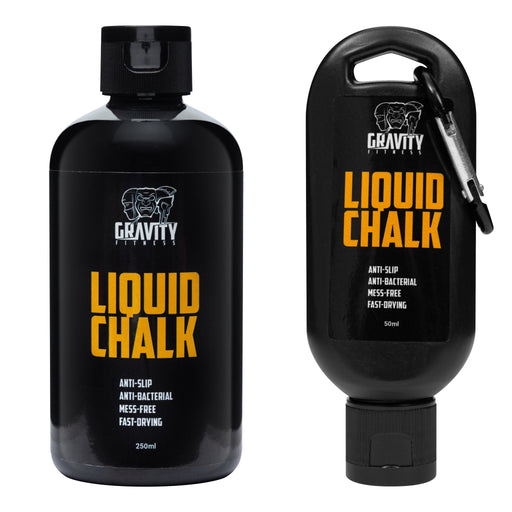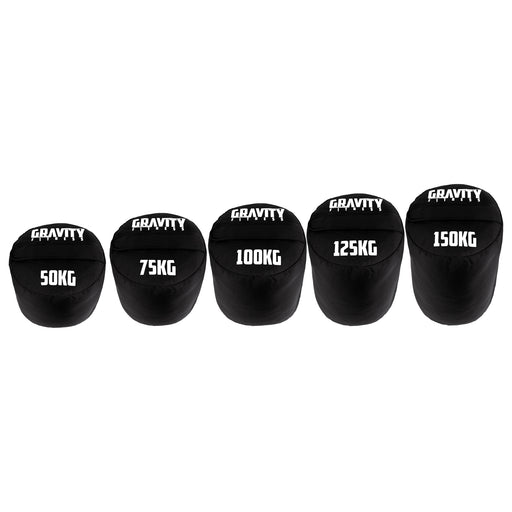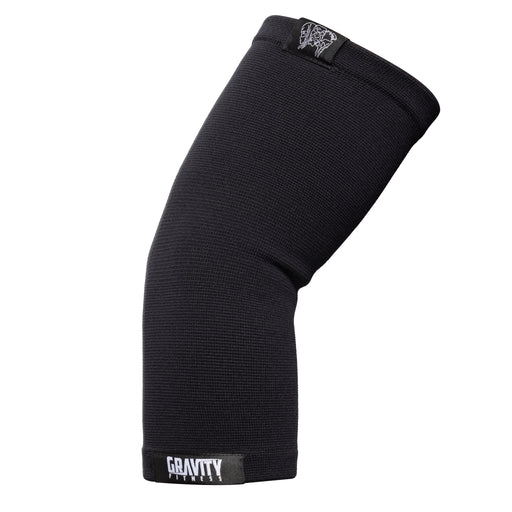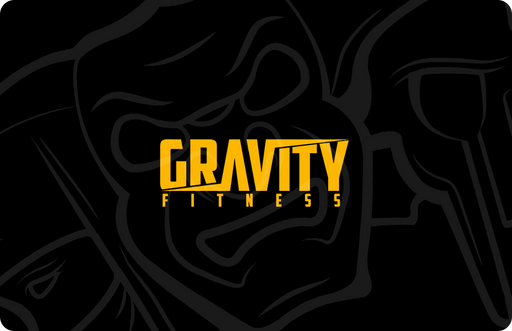Which functional mushrooms should I take - and are mushrooms nootropics?
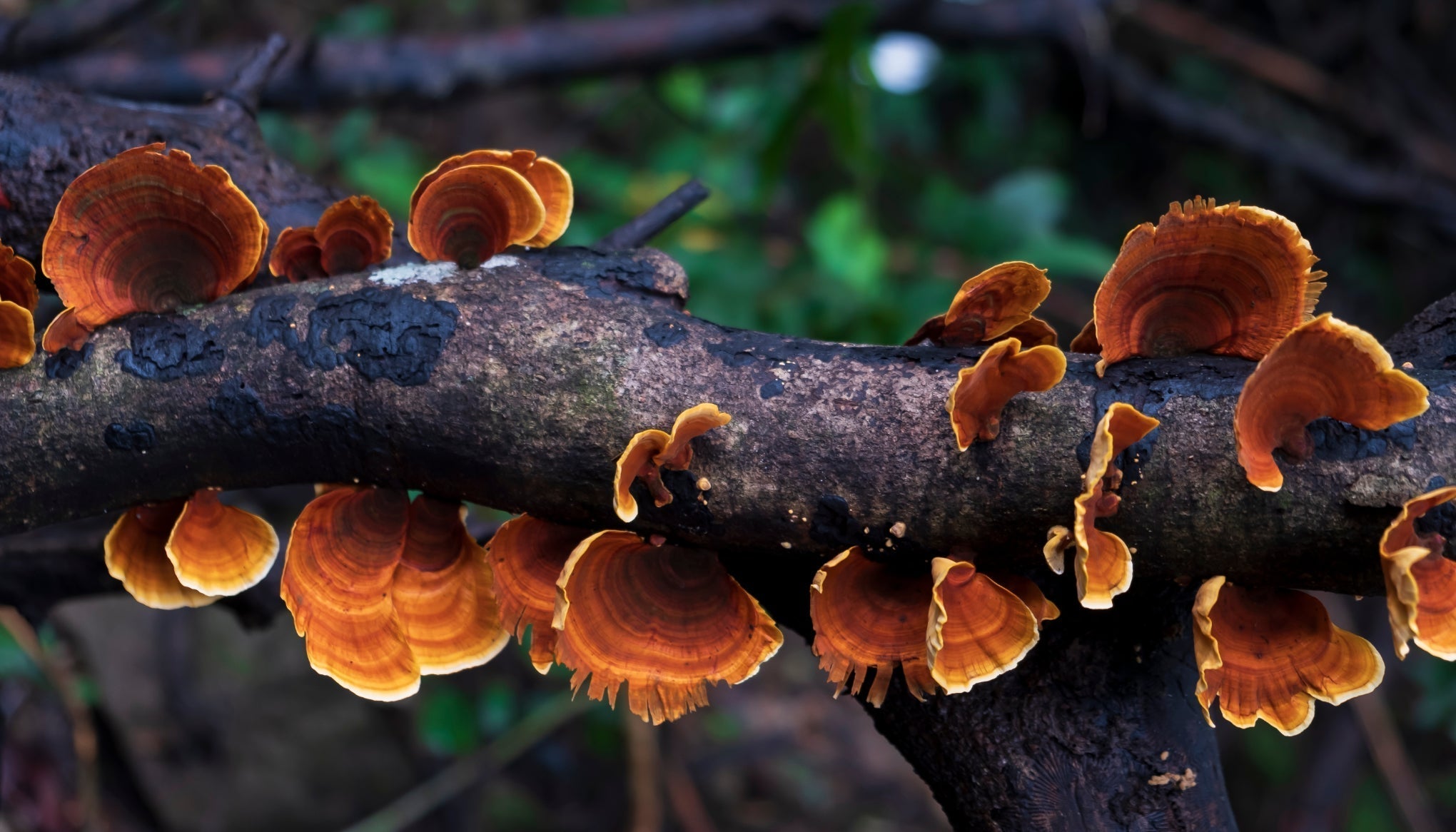
Thinking of replacing your coffee with a mushroom blend? Wondering if functional mushrooms could give you an edge? Let’s look at the weird world of mushroom supplements featuring fungi from traditional medicine that are taking the wellness world by storm. Do mushrooms deserve a spot in your supplement stash – and if so, which ones?
A-Z of functional mushrooms
Functional mushrooms aren't the ones you put in an omelette. They're specific types that contain bioactive compounds that may support your body and brain beyond basic nutrition. In this blog post, we’ll look at 8 of the most popular functional mushrooms:
-
Chaga
-
Cordyceps
-
Lion's Mane
-
Maitake
-
Reishi
-
Shiitake
-
Tremella
-
Turkey Tail
Why are functional mushrooms popular?
Functional mushrooms are one of the biggest wellness trends. But why now? For starters, we're all seeking an edge in our busy lives, and many people prefer natural solutions (if they’ve got a connection with ancient medicine, even better). The umbrella term of wellness has taken over, biohacking is hot, and mushrooms are in that sweet spot of traditional healing practices that feel cutting-edge.
Are mushrooms adaptogens?
Some functional mushrooms fall into the category of adaptogens. Adaptogens are substances that are said to help your body adapt to stress. But not all mushrooms are adaptogens, and not all adaptogens are mushrooms.
Adaptogens may help your body deal with stress - whether from training or life outside the gym - by interacting with your hypothalamic-pituitary-adrenal (HPA) axis that regulates your stress response.
The pros and cons of mushroom coffee replacement
Mushroom coffee is one of the biggest mushroom trends in 2025. But should you ditch your morning flat white for a mushroom blend powder?
The pros of mushroom coffee seem pretty strong. Many varieties contain less caffeine than coffee, and the mushrooms may provide cognitive benefits without the energy crash. Plus, mushroom coffee tends to be less acidic on the stomach.
The main downside is the taste. Mushroom coffee just isn’t the same, so if you’re a real coffee lover you’ll notice the difference immediately. Mushroom coffee is also more expensive, and the research is still out on whether those added mushroom benefits survive the brewing process. If you’re curious, why not save mushroom coffee for your afternoon cuppa when you want a gentler lift?
8 functional mushrooms in wellness supplements
Chaga (Inonotus obliquus)
What is it – looks like burnt charcoal growing on birch trees.
Purported benefits – antioxidants, immune support, skin health, anti-inflammatory effects.
Research – contains one of the highest ORAC scores (measure of antioxidant capacity) in any food.
Best for – training recovery, general wellness support.
How to take – as a tea, tincture, or powder (1–2g daily).
Cordyceps (Cordyceps militaris)
What is it – the athlete's mushroom, commercially lab-grown (rather than the parasitic wild version).
Purported benefits – improved stamina, faster recovery, increased energy.
Research – may increase ATP production and oxygen utilisation, studies show improved VO2 max.
Best for – athletes, endurance gains, natural energy.
How to take – capsules or powder (1–3g daily), often before workouts.
Lion's Mane (Hericium erinaceus)
What is it – large, with a shaggy appearance resembling a lion's mane.
Purported benefits – cognitive enhancement, memory support, nerve regeneration, focus.
Research – may stimulate nerve growth factor (NGF) production, supporting brain health.
Best for – studying, work, complex movement patterns requiring coordination.
How to take – capsules (1–3g daily), powder in smoothies or coffee, or as an extract.
Maitake (Grifola frondosa)
What is it – known as "hen of the woods" with feathery fronds.
Purported benefits – blood sugar regulation, immune modulation, weight management support.
Research – contains beta-glucans that may help regulate glucose levels and support immune function.
Best for – metabolic health, immune support, weight management.
How to take – cooked as food, or as capsules or extract (1–2g daily).
Reishi (Ganoderma lucidum)
What is it – the "mushroom of immortality" with a glossy, kidney-shaped cap.
Purported benefits – immune support, stress reduction, sleep improvement, longevity.
Research – compounds that may modulate immune function and reduce inflammation.
Best for – stress, sleep issues, immune support.
How to take – tincture, powder (1–2g), or tea before bedtime.
Shiitake (Lentinula edodes)
What is it – popular culinary mushroom with umbrella-shaped brown caps.
Purported benefits – cardiovascular support, immune enhancement, liver health, skin health.
Research says – contains eritadenine and beta-glucans that may support cholesterol management.
Best for – heart health support, general wellness.
How to take – in meals or as supplement extract (2–4g daily).
Tremella (Tremella fuciformis)
What is it – known as "snow fungus" or "beauty mushroom".
Purported benefits – skin hydration, anti-aging, antioxidant, lung support.
Research says – contains polysaccharides that may help keep moisture in skin and reduce oxidative stress.
Best for – skin health, antioxidant support.
How to take – powder in smoothies or skincare products, supplements (1–2g daily).
Turkey Tail (Trametes versicolor)
What is it – fan-shaped, colourful mushroom.
Purported benefits – immune support, gut health, potential anti-cancer properties.
Research says – contains compounds studied for immune function, used as adjunct cancer treatment in some countries.
Best for – immune support, gut support, especially in winter.
How to take – capsules or powder (2–4g daily), or as tea.
Final thoughts
If you decide to add mushroom supplements to your intake, please do your research. Whilst many functional mushrooms are pretty mainstream, the research is still in the early stages. Like all supplements, they’re add-ons not a magic bullet. We’d love to know if you use functional mushrooms – do you see any benefits for your health and training performance?
















